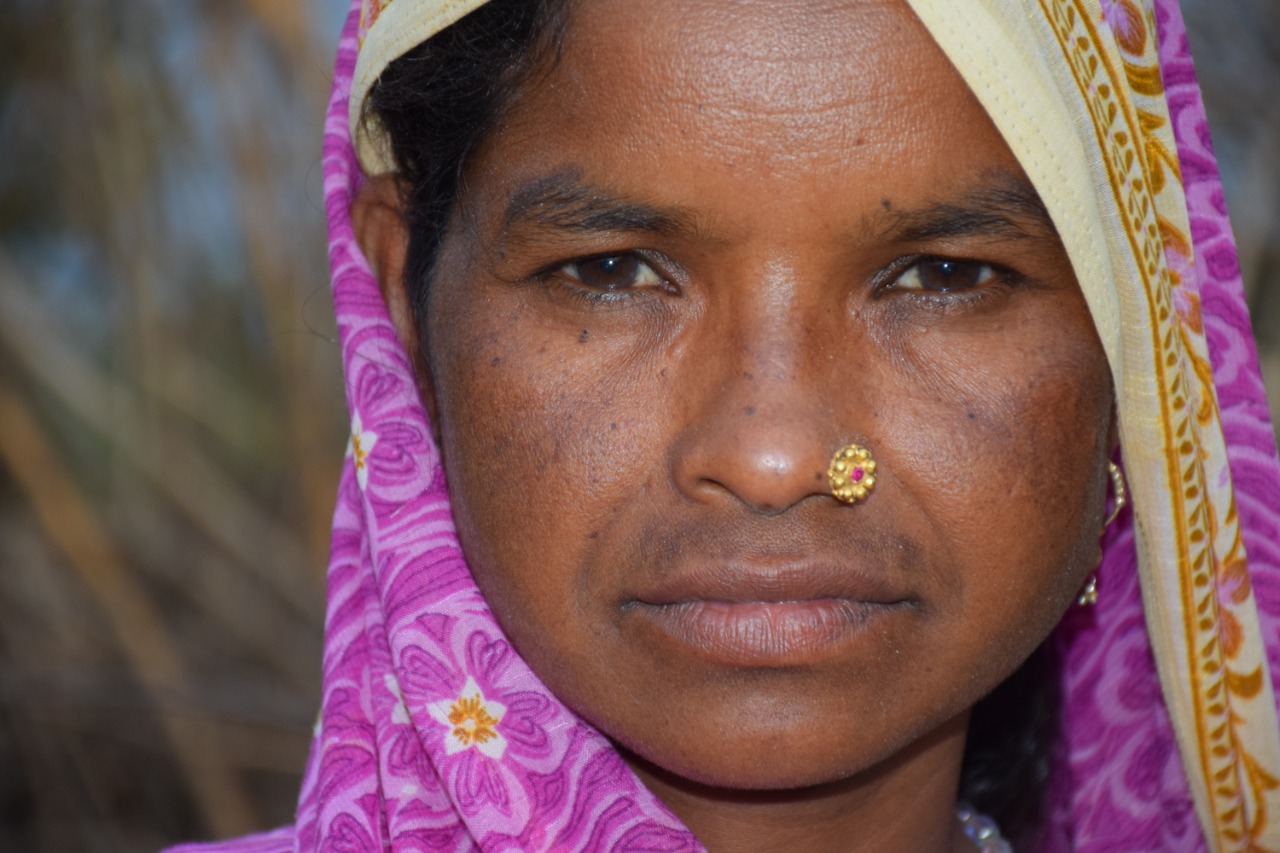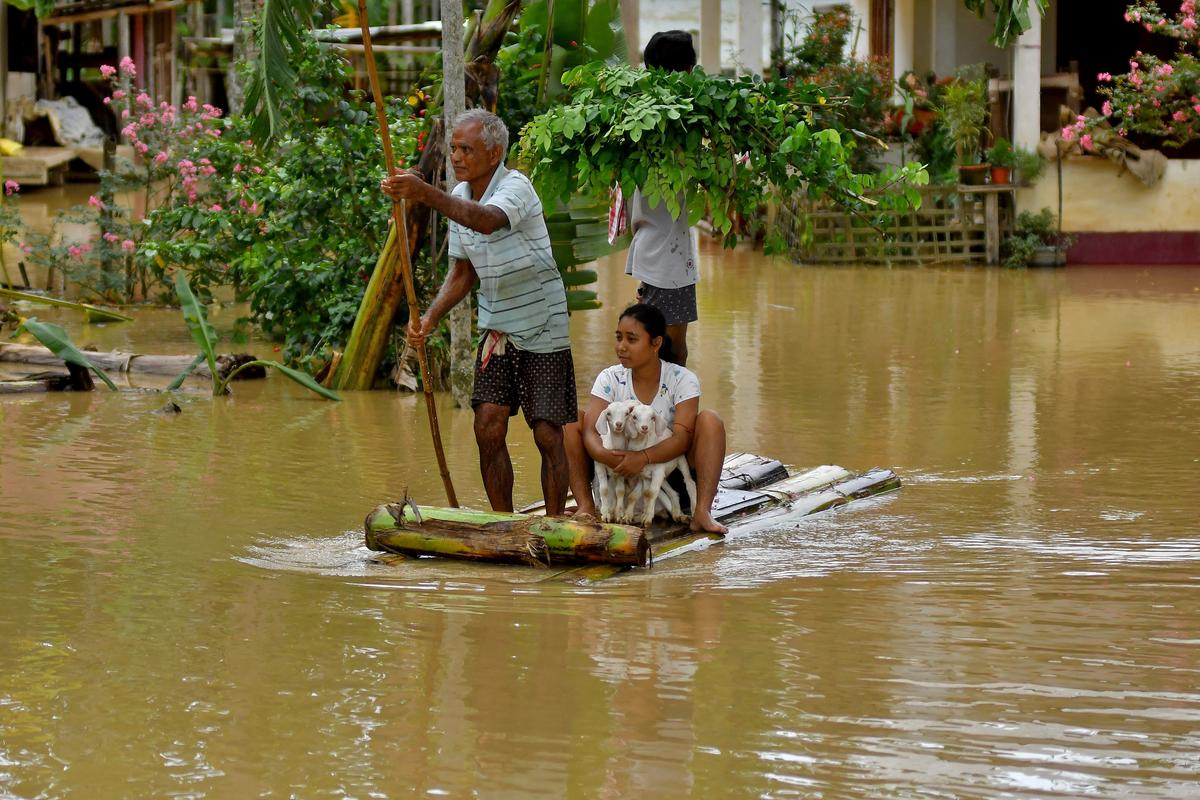CASA BLOGS

Role of NGOs Working For Women’s Rights In India
“Women’s empowerment” refers to the process of enhancing women’s access to control over the strategic life decisions that affect them as well as access to the opportunities that allow them to fully realise their potential. It is based on the assumptions that women and men differ from one another in their social positions and that these differences consist of asymmetric, unequal power relations between the sexes. In order to improve women’s quality of life, the process of women’s empowerment as an economic, political, and sociocultural process challenges the system of sexual stratification that has led to women’s subjugation and marginalisation.
How to accomplish Women Empowerment?
The supply of proper educational resources, political support, an efficient legal system, and the creation of jobs for women are all ways to empower women. In order to empower women, NGOs and self-help groups (SHG) offer basic education, vocational training, training for self-employment, legal aid, protection for women, and self-awareness programmes.
NGOs working for women’s rights in India are working in multiple capacities since no one organisation can complete the whole range of tasks necessary for holistic empowerment. The following are additional ways that NGOs contribute significantly and meaningfully to increasing women’s self-employment:
Education & Development
NGOs educate and offer self-employment opportunities to underprivileged women in order to raise their social and economic standing. In order to better the lives of the poor women, they also instil in them the habits of thrift and credit.
Knowledge of the law and property rights
NGOs are collaborating with women to educate people about their legal rights. Additionally, they offer loan options for group land purchases.
Good Trade
The idea of fair trade is to empower the underprivileged. NGOs assist in reducing the number of middlemen and guarantee that producers are paid fairly for their efforts. They serve as this process’ facilitators.
credit, microcredit, and self-help organisations
Giving credit creates space for empowerment and social fairness. Women empowerment NGOs specifically target and assist women by offering credits because they have a reputation for being better loan re-payers.
Increasing capacity
NGOs are also interested in providing self-employed women with information, expertise, technology, training, and managerial skills, keeping in mind the current situation of economic liberalisation.
Women’s Empowerment and NGOs
Women Self Help Groups (SHGs) have been acknowledged as an effective method for empowering women in both urban and rural communities since they unite women from all backgrounds to advocate for their causes. SHGs work on a range of topics, including microcredit, forestry, agriculture, and health. They also engage in income-generating activities. Since economic empowerment for women is crucial to their total empowerment, NGOs working for women empowerment engage in the following initiatives to support women’s empowerment:
1. Educating and raising awareness among women, particularly those who live in remote areas;
2. enhances government efforts to empower women; encourages women to embrace information and communication technology (ICT) for empowerment;
3. develops women’s leadership skills and guarantees their involvement in their empowerment.
4. represents the issues rural women confront to the appropriate authorities and evaluates how decisions about women’s policy will effect them.
5. assembles the best resources, plans, and carries out the programmes that are related to the empowerment of women.
Issues and a Plan of Action
Despite NGOs’ best efforts, the situation for many women is still not encouraging because they lack the independence or authority to make their own judgments or spend their own money anyway they like. On this front, there is still much work to be done. The government must make a considerable contribution in this regard. NGOs can only support the efforts of the government. The government has to place more of an emphasis on empowering underprivileged and vulnerable women, particularly in rural regions.
Additionally, in order to foster the creation of NGOs, persons engaged in social work and volunteering should have access to publicly accessible resources including mentorship services and training programmes. The creation of more NGOs will aid in the successful eradication of the problems that women encounter.
In general, women empowerment NGOs appear to have a key influence in bringing about radical changes in women’s lifestyles. They are highly successful in influencing women to develop their independence, drive, and ability to make their own judgments. Additionally, they have improved the health and literacy of women. NGOs should continue to advance women’s rights in all spheres of life, including social, educational, economic, and home, in order to make gender equality a reality. Wholesome women’s empowerment will continue to elude us unless significant reforms are made on these fronts. NGOs possess the skills required to be the change agent on various fronts.
Feminist philosophy and the desire to uplift other oppressed women are shared by empowered women. These empowered women will be able to fulfil their views by partnering with an NGO whose objective is directly aligned to their ideology, which provides them a great degree of satisfaction and success. The main goal of these NGOs working for women’s rights in India must be to increase women’s income and independence. The education and empowerment of underprivileged and vulnerable women in rural areas should receive more attention, even though many people from various social groups in India are helped to rise to positions of social and financial status by existing progressive affirmative action programmes by granting access to elite professions and the political sphere.
 Previous Blog Post Top 7 Ways To Provide Livelihood Support For Poverty And Hunger
Previous Blog Post Top 7 Ways To Provide Livelihood Support For Poverty And Hunger The Ultimate Guide to Disaster Risk Management
The Ultimate Guide to Disaster Risk ManagementFeatured Post

Mental Health Awareness in India: Addressing Key Challenges
8 Nov 2024
Mental health awareness is crucial in India, where millions silently struggle with mental health disorders, including depression, anxiety, and bipolar disorder. Despite growing recognition, India faces unique challenges in effectively addressing mental health issues. The stigma associated with mental illness remains a primary barrier. In Indian society, mental health issues are often misunderstood, leading to […]

Ensuring Girls’ Safety in India: A Path Toward Empowerment
20 Aug 2024
Girls’ safety in India remains a critical issue that has garnered increasing attention over the years. Despite various reforms and efforts from both government and civil society, challenges persist. From street harassment to domestic violence, gender-based discrimination continues to limit the freedom and safety of girls. While significant progress has been made in addressing these […]

The Connection Between Monsoons and Floods in India: An In-Depth Analysis
9 Jul 2024
India, a land of diverse climates and geographical features, relies heavily on the monsoon season for its agricultural and water resources. However, with the benefits of the monsoon rains come significant challenges, particularly in the form of floods. This blog explores the intricate relationship between the monsoon season and flooding in India, providing detailed insights […]



Leave a Reply
You must be logged in to post a comment.